The Russian Government has approved a document containing a list of services and activities that Turkish companies or companies headed by Turkish individuals are restricted from carrying out on the territory of the Russian Federation. Published on the Russian Government website on 30 December 2015, the restrictions went into force on 1 January 2016.
Pursuant to the document, formally titled “Resolution № 1457 of 29 December 2015”, Turkish companies or companies headed by individuals with Turkish citizenship are barred from the following in Russia:
- Construction of buildings and engineering works, as well as engaging in “specialized construction work” (eg. preparing plots for future construction, including demolishing current structures; performing roofing works; installing electrical systems in buildings, as well as elevators, gas pipes, and piping; etc.);
- Activity in respect of architectural design-work, as well as carrying out technical/engineering evaluation tests, research and analysis;
- Operating tourism agencies or other organizations that provide services in the sphere of tourism;
- Operating hotels or other places of temporary residence;
- Carrying out work or performing services for government and municipal purposes; and
- Pulping wood.
The abovementioned restrictions do not apply to contracts that were concluded prior to the resolution’s date of official publication, 30 December 2015.
Brief Summary of Russian Sanctions on Turkey To-Date
Following the downing of a Russian SU-24 bomber aircraft by a Turkish F-16 fighter over Syrian airspace on 24 November 2015, Russia introduced a series of sanctions on Turkey. A Presidential Decree dated 28 November 2015 (№ 583), ordered the following:
- A ban or scaling-back of economic relations between Russia and Turkey, including as it relates to the import into Russia of certain types of goods, the country of origin of which is Turkey. This import ban, however, does not restrict the import of goods for personal use, so long as such goods are imported within the volume restrictions set by the Eurasian Economic Union.
- A ban or scaling-back on the types of business and activities that can be carried out by Turkish organizations and companies with operations in Russia.
- A ban on employing Turkish citizens. This ban came into effect on 1 January 2016 and does not affect Turkish citizens who had been hired by Russian companies (or companies operating in Russia) prior to 31 December 2015.
- The suspension, beginning from 1 January 2016, of the visa free regime between Russia and Turkey. This, however, does not affect Turkish citizens who currently have permits for temporary stay in Russia or who hold residence permits, as well as Turkish citizens working in any of the diplomatic missions (i.e. the embassy and consulates) located in Russia. Turkey has not responded with any tit-for-tat measures and Russian citizens are still exempt from obtaining a visa if visiting Turkey for less than 60 days and for tourism purposes.
- That tour operators and tourist agencies operating in Russia be made aware of the necessity of withholding tour packages to Turkey from Russian citizens.
In respect of points (1) and (2) above, the Presidential Order delegates to the Russian Government (i.e. the Duma and Federation Council) the responsibility of identifying the types of business activities and Turkish imports to be subject to a ban. The list of business activities from which Turkish companies or companies headed by Turkish citizens are now restricted from carrying out in the Russian Federation (see above) constitutes the Russian Government’s fulfillment of point (2). Prime Minister Dmitry Medvedev signed Resolution №1296 on 30 November 2015, which provided a list of goods subject to an import ban beginning on 1 January 2016 in fulfillment of point (1) of the abovementioned Presidential Order (more on this below).
Furthermore, the Presidential Order further directs the Russian Government to:
- impose a ban on charter flights between Russia and Turkey;
- impose greater controls on the activity of Turkish airline operators within the territory of the Russian Federation for the purposes of ensuring safety; and
- strengthen control measures at the Russian ports located along the Black Sea and Sea of Azov, as well as provide for greater security in Russia-controlled waters off of the ports of the aforementioned seas.
List of Turkish Products Subject to the Import Ban
In fulfilling the President’s Order to compose a list of Turkish products to be subject to an import ban, the Russian Government issued Resolution №1296 on 30 November 2015. The list contained therein subjects the following products to an import ban beginning on 1 January 2016:
- Frozen chicken parts and sub-products thereof;
- Frozen turkey parts and sub-products thereof;
- Fresh carnations;
- Fresh or refrigerated tomatoes;
- Fresh or refrigerated bulb or shallot onions;
- Fresh or refrigerated cauliflower and broccoli;
- Fresh or refrigerated cucumbers and pickles;
- Fresh or dried apples;
- Fresh or dried mandarins (including tangerines and satsumas), clementines, and other analogous citrus fruits;
- Fresh grapes;
- Fresh apples;
- Fresh pears;
- Fresh apricots;
- Fresh peaches, including nectarines;
- Fresh plums and blackthorns;
- Fresh strawberries;
- Salt (including table and denatured salt), pure sodium chloride, regardless of whether it is dissolved or not in water, or whether it contains additive agents preventing its coalescence or providing for its friability.

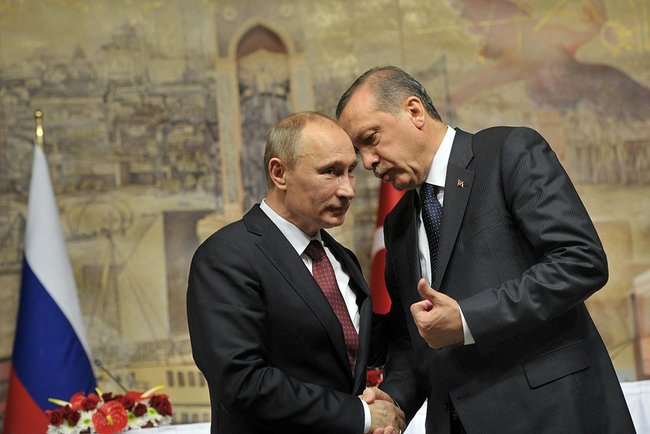
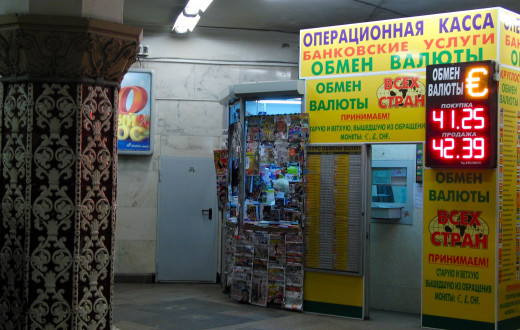
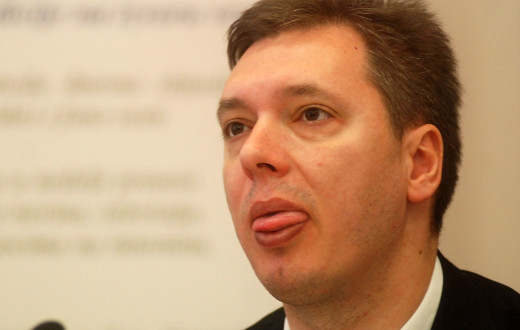
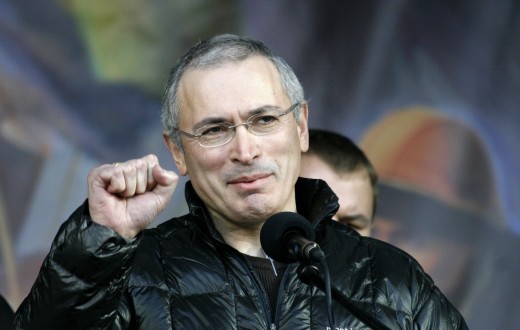
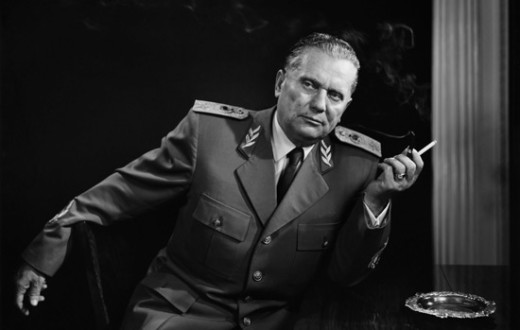
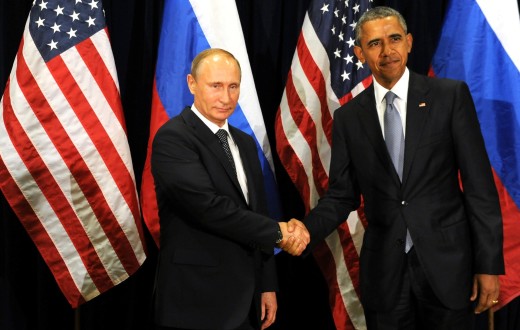
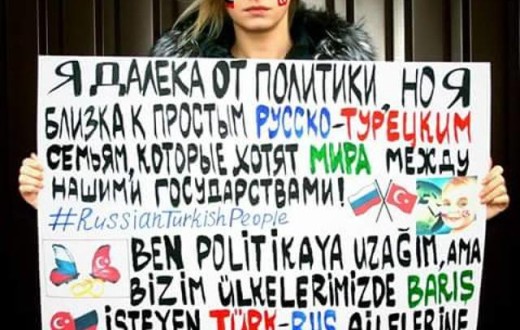
Pingback: Eastern Europe News Roundup January 29th – The Vostokian
Pingback: Tracy Glastrong